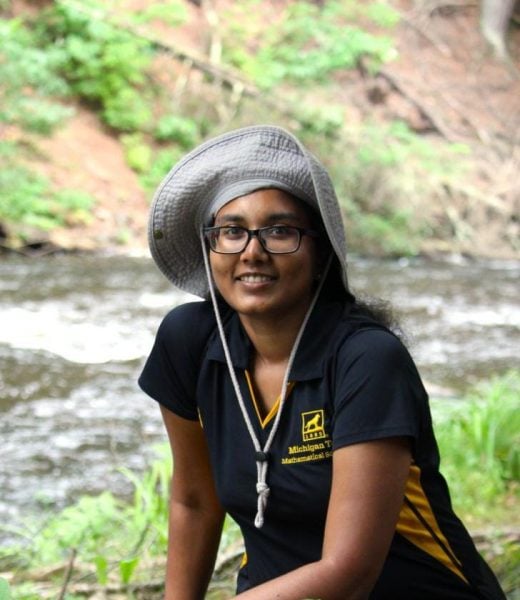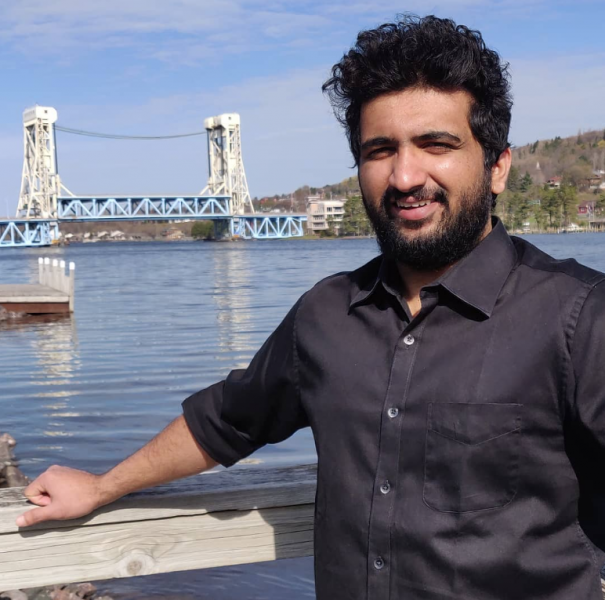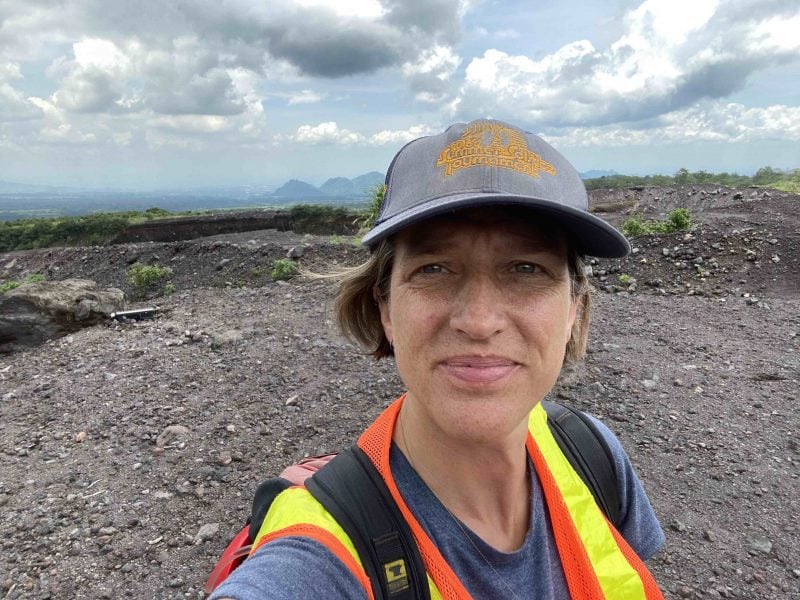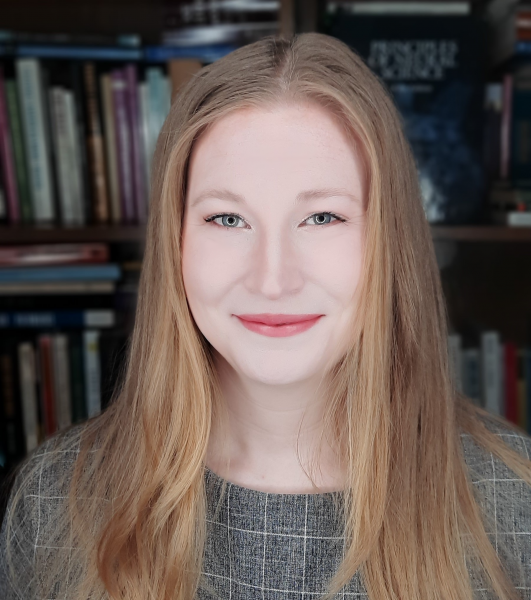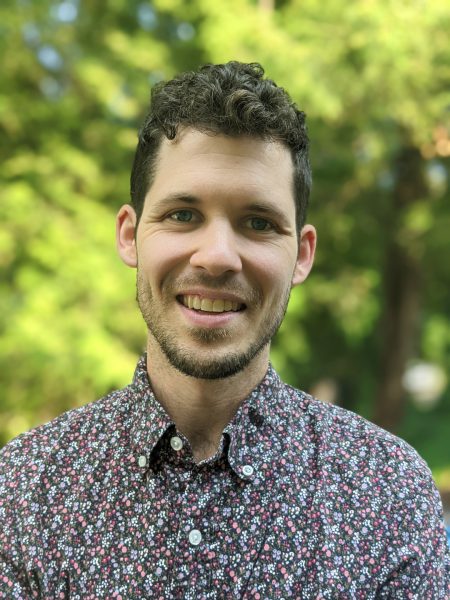I started my PhD in the Department of Mathematical Sciences at Michigan Tech in the Fall of 2018, with a discrete mathematical background. But, my enthusiasm grew for Applied Mathematics, especially for the research problems to which I can relate real-life Scenarios.
Therefore, under the tutelage of my advisor Dr. Alexander Labovsky, I started to study incompressible flows, especially in turbulent regime.
Turbulence is a wonderful area of research. While the Navier-Stokes Equations are used to study the flow, one can only simulate the flow in turbulent situations. When simulation methods are used, there is always the need for new high-accuracy methods.
Moreover, in the presence of a magnetic field, the characteristics of the flow will change, leading to the Magneto-Hydrodynamic system to simulate the flow. Therefore, my area of research interest includes the study of Navier-Stokes Equation, Magneto-Hydrodynamic Equation, Large Eddy Simulation, and high-accuracy methods that can be developed separately, or along with turbulence modeling.
I’m grateful to my advisor for the kind guidance and support. I’m really honored to be his student. Also, I thank the Department of Mathematical Sciences for nurturing me to excel in both research and teaching.
Finally, I’m grateful to the Graduate Dean Awards Advisory Panel and the Graduate school for considering and awarding me this fellowship which will be a great support.
Michigan Tech gratefully acknowledges support from The Dr. Donald Dawson Endowed Finishing Fellowship for this award.
